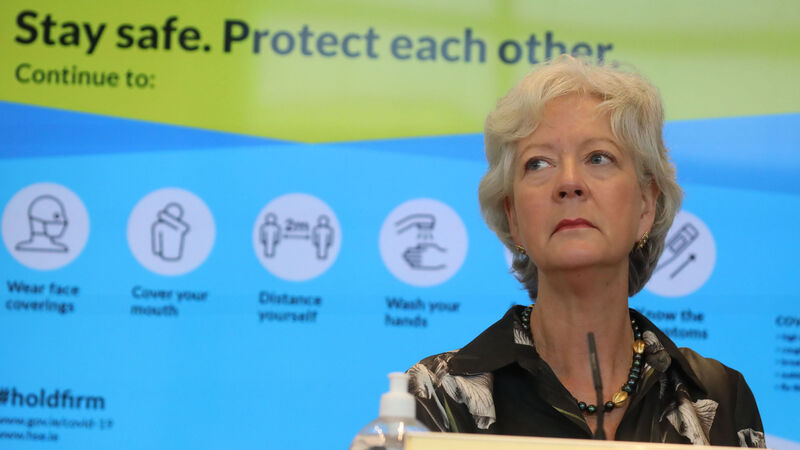Covid mild for most children, but don't expose them to it, says Niac chief

Dr Karina Butler, chair of the National Immunisation Advisory Council, said in terms of concerns over unvaccinated children attending schools, Covid “is different from other infections in that for the majority of them it is a mild infection, and that may contribute to their overall immunity ongoing”.
Covid-19 is a mild 'infection' in the majority of children and "may contribute to their overall immunity" but that doesn't mean they should be exposed to the virus, the Oireachtas health committee has heard.
Dr Karina Butler, chair of the National Immunisation Advisory Council (Niac), said in terms of concerns over unvaccinated children attending schools, Covid “is different from other infections in that for the majority of them it is a mild infection, and that may contribute to their overall immunity ongoing”.













